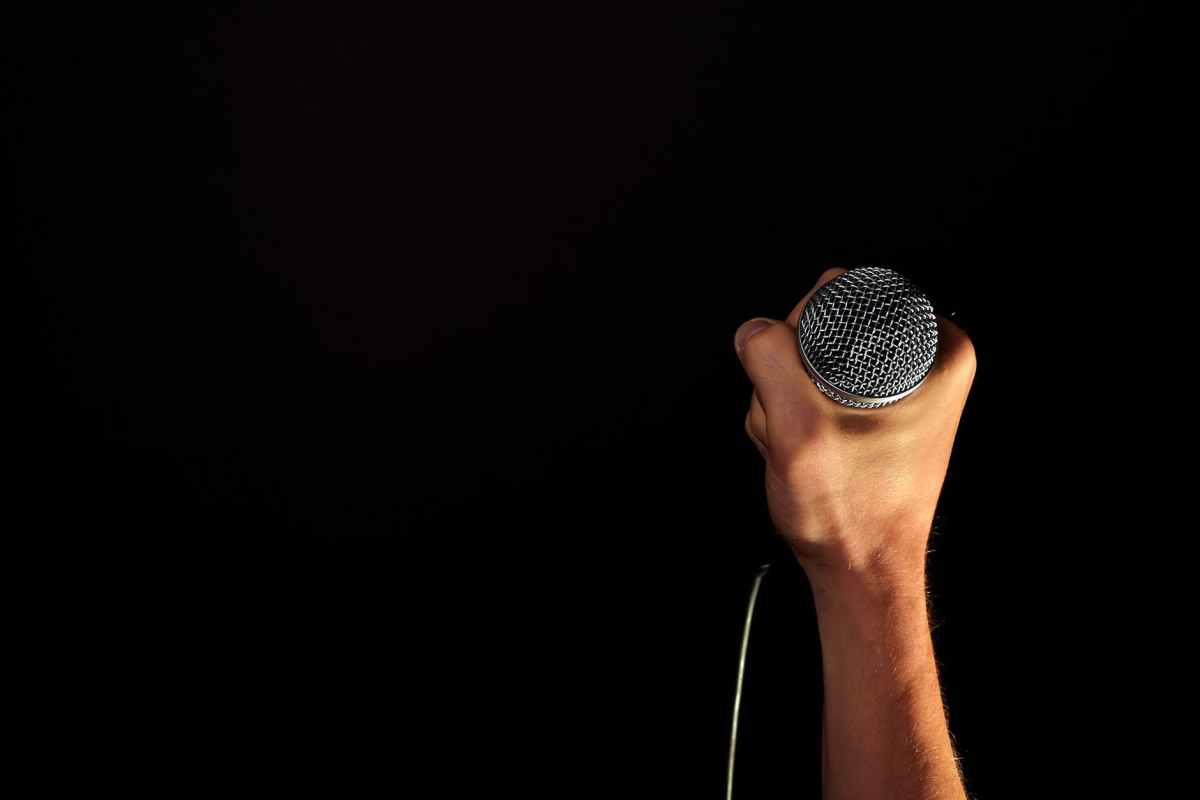Identifying your ‘voice’ in creative writing is no easy feat. But it is vital, at least within one cohesive piece of writing. The spoken word can enable a writer’s voice. Here, I’d like to explore how our writerly voices and verbal voices relate.
I’ve been thinking about voice in a literal, physiological sense. I’ve never liked my speaking voice, until recently. I’ve had some good feedback from people so I’m going to drop the self-critical impulse in this regard. Anyway, it is what it is. My voice represents my personal story.
I also find this topic interesting in the wider sense of communication: how do you know what to say? It wasn’t just that I didn’t used to like my voice, I found conversation difficult at times. So much to say potentially, but not knowing what to focus on for each particular interaction. I would be sporadically verbose, and reticent the rest of the time.
But that’s also the self-consciousness of younger years, maybe. I found speech hard, but writing much easier. So I did a lot of personal writing to connect with people. It was easier to formulate the arguments and ideas through writing, than it would be in a verbal conversation.
Still, the happy news now is that I am learning, through recitations, performances and conversations, the power of the spoken voice which has also made me consider the purpose of voice in creative writing.
What does it mean exactly? I found this useful piece from Medium that explains it well:
The writer’s voice: what is it and how to find yours
In a nutshell, voice makes your work you. It’s your personality, your experiences, and it is unique. I’m still working on this in writing, and I guess we all are, always. But I have found that strengthening my spoken voice and putting it on a stage has been very empowering.
Speaking publicly forces you to be the centre of attention. So your uniqueness becomes more immediate and more raw. It is not buried in paragraphs. You can’t hide yourself in an essay.
I do think the writer’s voice and the speaker’s voice can inform one another. For me, the plan is to become more confident in conversation and public speaking, so I can also write with a stronger sense of authenticity.


I was lucky to grow up in a family of storytellers and I’ve been told ‘you write like you speak’ as well as ‘you speak like you’re telling a story’. I’m not sure if either is true but it’s always felt an important link to me – the spoken voice and the written voice. Certain writers (James Kelman immediately comes to mind) really open my eyes and ears to this idea. You’re good on stage, Polly, and holding an audience’s attention with the power of the words and the delivery is a talent.
LikeLiked by 1 person
Thank you, Lucy. I think you do speak like you are telling a story. We all do it a bit, but you’ve got a knack for it. Especially with a ‘turn of events’ type story. Narrative, narrative, narrative and then….’however, …. there was an escape at the zoo’ , for example. It’s great! Anyway, interesting topic. Thank you for the compliment. It must be all the rehearsing.
LikeLike